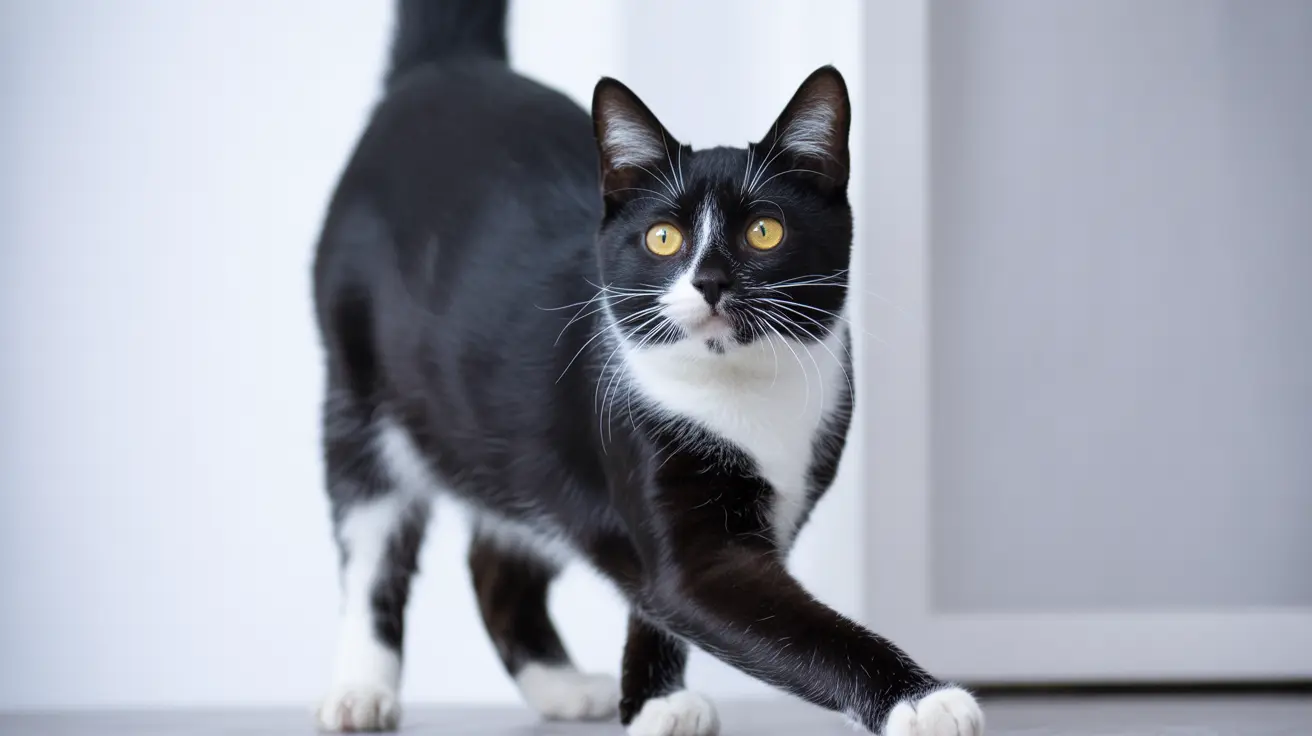Can Cats Have Cheese? Everything You Need to Know
Many pet owners enjoy sharing their favorite snacks with their furry companions, including cheese. It’s creamy, flavorful, and a common household item. But just because humans love it doesn’t necessarily mean it's safe for pets. So the question arises: Can cats have cheese?
Is Cheese Safe for Cats?
In general, small amounts of cheese are not toxic to cats. However, cats are obligate carnivores, meaning their diet should primarily consist of meat. While cheese is derived from milk and contains protein and fat, it isn’t a necessary or ideal component of a cat’s diet.
Moreover, many cats are lactose intolerant to some degree as they age. This means that their bodies lack sufficient levels of the enzyme lactase, which helps digest lactose — the sugar in milk and dairy products. As a result, consuming cheese may cause digestive discomfort.
Potential Risks of Feeding Cheese to Cats
- Lactose Intolerance: Symptoms include gas, diarrhea, and stomach upset.
- High Fat Content: Cheese is calorie-dense and can lead to weight gain if given excessively.
- Salt and Additives: Certain cheeses contain high sodium levels or seasonings like garlic or herbs, which are toxic to cats.
Types of Cheese Cats Can Eat Safely
If you still want to offer cheese as an occasional treat, it's best to stick with mild, low-lactose varieties. Here are a few cat-friendlier options:
- Cheddar: Aged cheeses like cheddar have lower lactose levels.
- Swiss: Mild and lower in lactose, but still should be given sparingly.
- Mozzarella: Soft cheese that can be easier on digestion if served in small bits.
- Cottage Cheese: May contain probiotics, but also has lactose and salt.
How to Feed Cheese to Cats
If you choose to introduce cheese into your cat’s diet, follow these tips:
- Start Small: Give a tiny piece and observe for any digestive issues.
- Make It Occasional: Cheese should never be a daily treat but a rare indulgence.
- Use it Strategically: Cheese can hide pills or be an incentive during training.
Cheese Alternatives for Cats
Looking for healthier options? Consider these cat-friendly treats instead of cheese:
- Boiled chicken or turkey pieces
- Freeze-dried meat treats
- Catnip-infused snacks
- Commercially formulated cat treats
When to Avoid Cheese Altogether
Some cats should never eat cheese, particularly those with:
- Diagnosed lactose intolerance or dairy allergies
- Pancreatitis or other digestive issues
- Obesity or on a calorie-restricted diet
Final Thoughts
So, can cats have cheese? The answer is yes, in moderation and under the right circumstances. While it can be a fun treat now and then, cheese isn’t a necessary part of your cat’s nutrition and may cause digestive upset in sensitive kitties. Always monitor your pet after they try something new and consult your veterinarian if you're unsure.
By understanding your cat’s dietary needs and making informed choices about treats like cheese, you can help your feline friend live a longer, healthier life.





